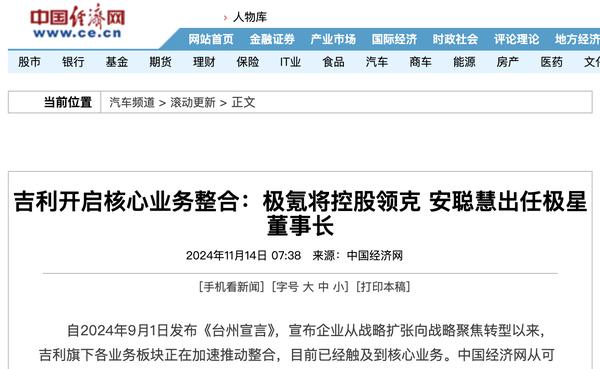Geely's Strategic Integration of ZEEKR and Lynk & Co
Geely Automobile’s recent decision to merge ZEEKR and Lynk & Co brands reflects a strategic consolidation amid challenging market conditions and significant financial losses across its brand portfolio, with ZEEKR taking control of Lynk & Co.

The automotive industry has been closely watching Geely’s latest strategic move in China’s competitive new energy vehicle market. This integration of ZEEKR and Lynk & Co represents a significant shift in Geely’s multi-brand strategy, driven by several key factors:
Financial Pressures The merger comes amid substantial losses across Geely’s brand portfolio. Financial data reveals striking figures:
- ZEEKR: 17.2 billion yuan loss
- Lynk & Co: 1.1 billion yuan loss
- Lotus: 14.7 billion yuan loss
- Geometry: 14 billion yuan loss These combined losses approaching 47 billion yuan have created urgent pressure for consolidation.
Brand Positioning Challenge The overlap between ZEEKR and Lynk & Co has become increasingly problematic:
- ZEEKR focuses on premium EVs, originally targeting the 300,000+ yuan segment
- Lynk & Co specializes in hybrid vehicles in the 150,000-250,000 yuan range
- Recent price competition has forced ZEEKR to lower prices, creating direct competition
Technical Integration Benefits The merger offers several technical advantages:
- Unified platform architecture
- Shared powertrain development
- Consolidated R&D resources
- Enhanced economies of scale
- Better differentiated product positioning
Market Response Industry observers note that this consolidation may help address several challenges:
- Elimination of internal competition
- More efficient resource allocation
- Stronger brand positioning against competitors like BYD
- Better ability to compete in both EV and hybrid segments
Future Implications The merger signals several important trends:
- Consolidation becoming necessary in China’s maturing auto market
- Premium positioning requiring significant scale
- Growing importance of efficient operations over brand diversity
- Need for focused investment in key technologies
This strategic integration reflects broader industry trends toward consolidation and efficiency, as Chinese automakers face intensifying competition and pressure for profitability.